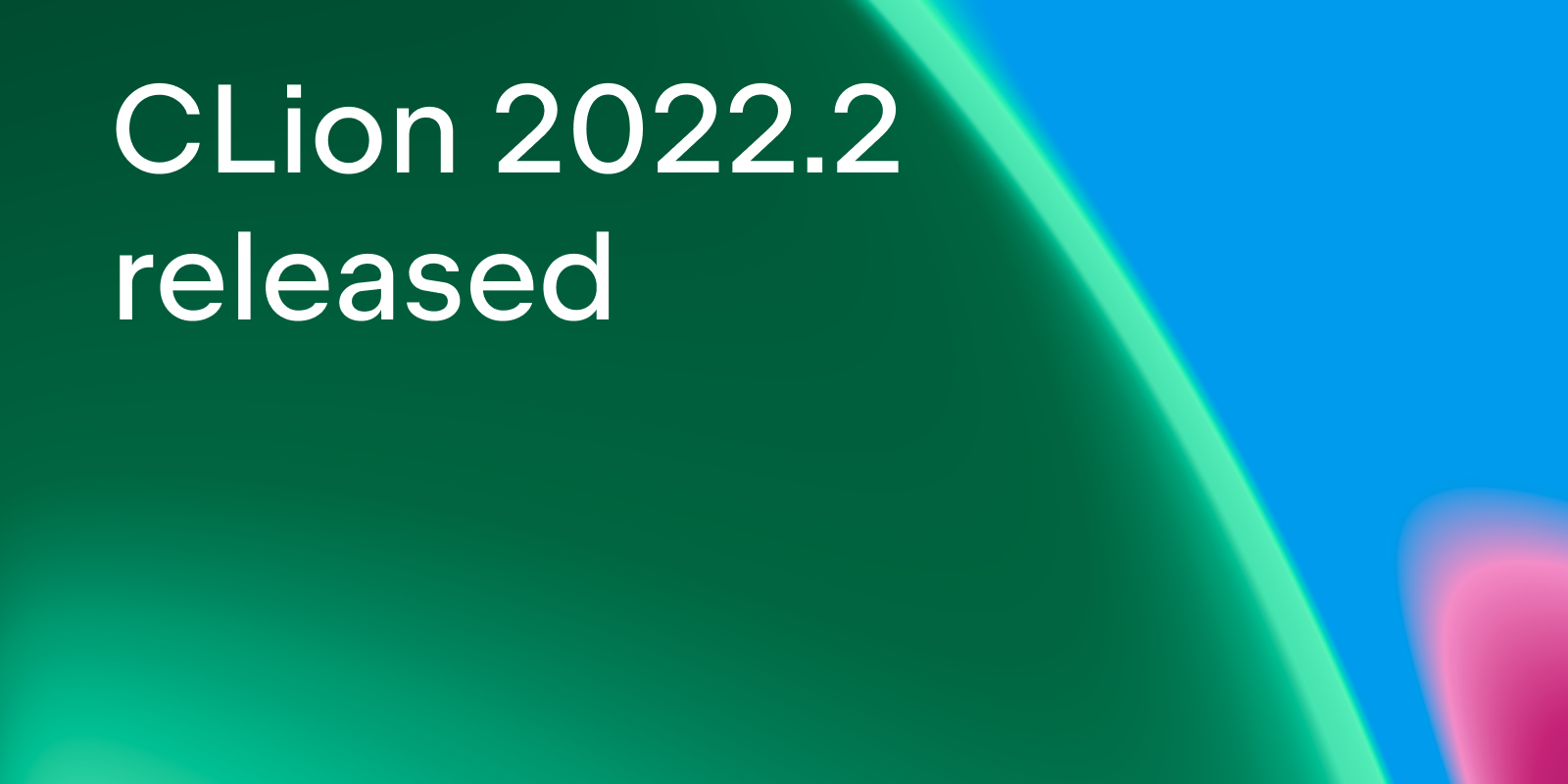HPX V1.8.1 released -- STE||AR Group
 The STE||AR Group has released V1.8.1 of HPX -- A C++ Standard library for Concurrency and Parallelism.
The STE||AR Group has released V1.8.1 of HPX -- A C++ Standard library for Concurrency and Parallelism.
HPX V1.8.1 Released
We have released HPX 1.8.1 that adds a number of small new features and fixes a handful of problems discovered since the last 1.8.0 release, in particular: a lot of work has been done to improve vectorization support for our parallel algorithms. HPX now supports using EVE – the Expressive Vector Engine as a vectorization backend. More work was done towards full compatibility with the sender/receiver proposal P2300. We have fixed all collective operations to properly avoid overlapping consecutive operations on the same communicator. We also fixed a dangling reference problem while serializing non-default constructible types. We have added support for static linking on Windows (using MSVC) and have added support for M1/MacOS based architectures. A full list of changes can be found in the release notes.
If you have any questions, comments, or exploits to report you can reach us on IRC or Matrix (#ste||ar on libera.chat) or email us at hpx-users. We depend on your input!
You can download the release from our releases page or check out the 1.8.1 tag using git. A full list of changes can be found in the release notes.
HPX is a general-purpose parallel C++ runtime system for applications of any scale. It implements all of the related facilities as defined by the C++20 Standard. As of this writing, HPX provides the only widely available open-source implementation of the new C++17 and C++20 parallel algorithms, including a full set of parallel range-based algorithms. Additionally, HPX implements functionalities proposed as part of the ongoing C++ standardization process, such as large parts of the features related parallelism and concurrency as specified by the upcoming C++23 Standard, the C++ Concurrency TS, Parallelism TS V2, data-parallel algorithms, executors, and many more. It also extends the existing C++ Standard APIs to the distributed case (e.g., compute clusters) and for heterogeneous systems (e.g., GPUs).
HPX seamlessly enables a new Asynchronous C++ Standard Programming Model that tends to improve the parallel efficiency of our applications and helps reducing complexities usually associated with parallelism and concurrency.

 Registration is now open for CppCon 2022, which starts on September 11 and will again be held
Registration is now open for CppCon 2022, which starts on September 11 and will again be held  Time to update.
Time to update. Flying Amazon drones on C++:
Flying Amazon drones on C++: Registration is now open for CppCon 2022, which starts on September 11 and will again be held
Registration is now open for CppCon 2022, which starts on September 11 and will again be held  Registration is now open for CppCon 2022, which starts on September 11 and will again be held
Registration is now open for CppCon 2022, which starts on September 11 and will again be held